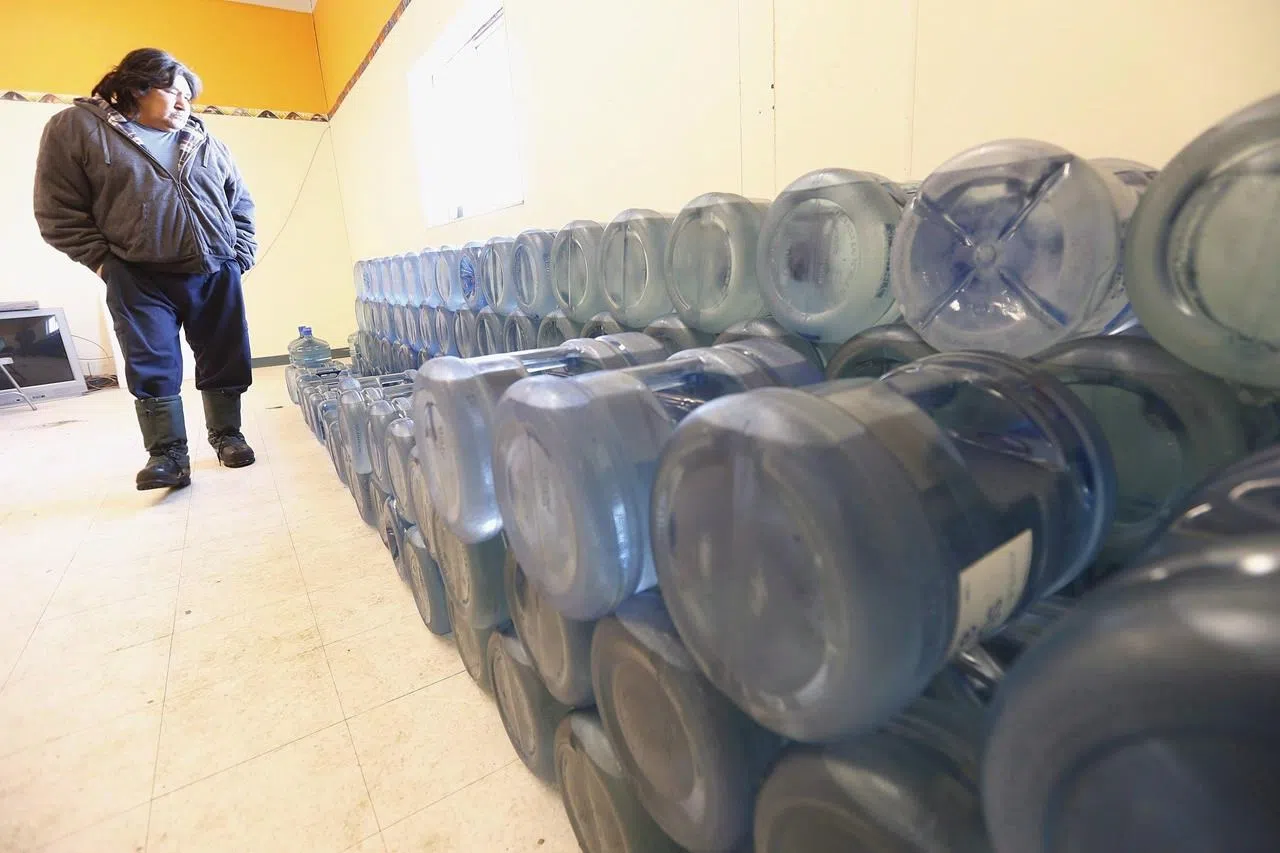
Real-time monitoring could decrease boil-water advisories on First Nations:study
A study by Ontario researchers suggests real-time monitoring technology at water treatment plants on reserves could significantly reduce the number of drinking-water advisories issued for First Nations across the country.
Edward McBean, an engineering professor at the University of Guelph and his former student, Kerry Black, explored the potential benefit of the systems, which use sensors to track characteristics like flow rates and chlorine levels, in an effort to help reduce the number of precautionary boil-water advisories that can linger on reserves for weeks.
After analysing such advisories and interviewing those who work on water treatment plants in several communities, the researchers suggest the number of advisories could be reduced by more than 36 per cent if real-time monitoring was implemented.
“I believe real-time monitoring is part of the solution to the water advisories on First Nations,” McBean told The Canadian Press in an interview. “This method can empower communities to regain control of their water systems.


